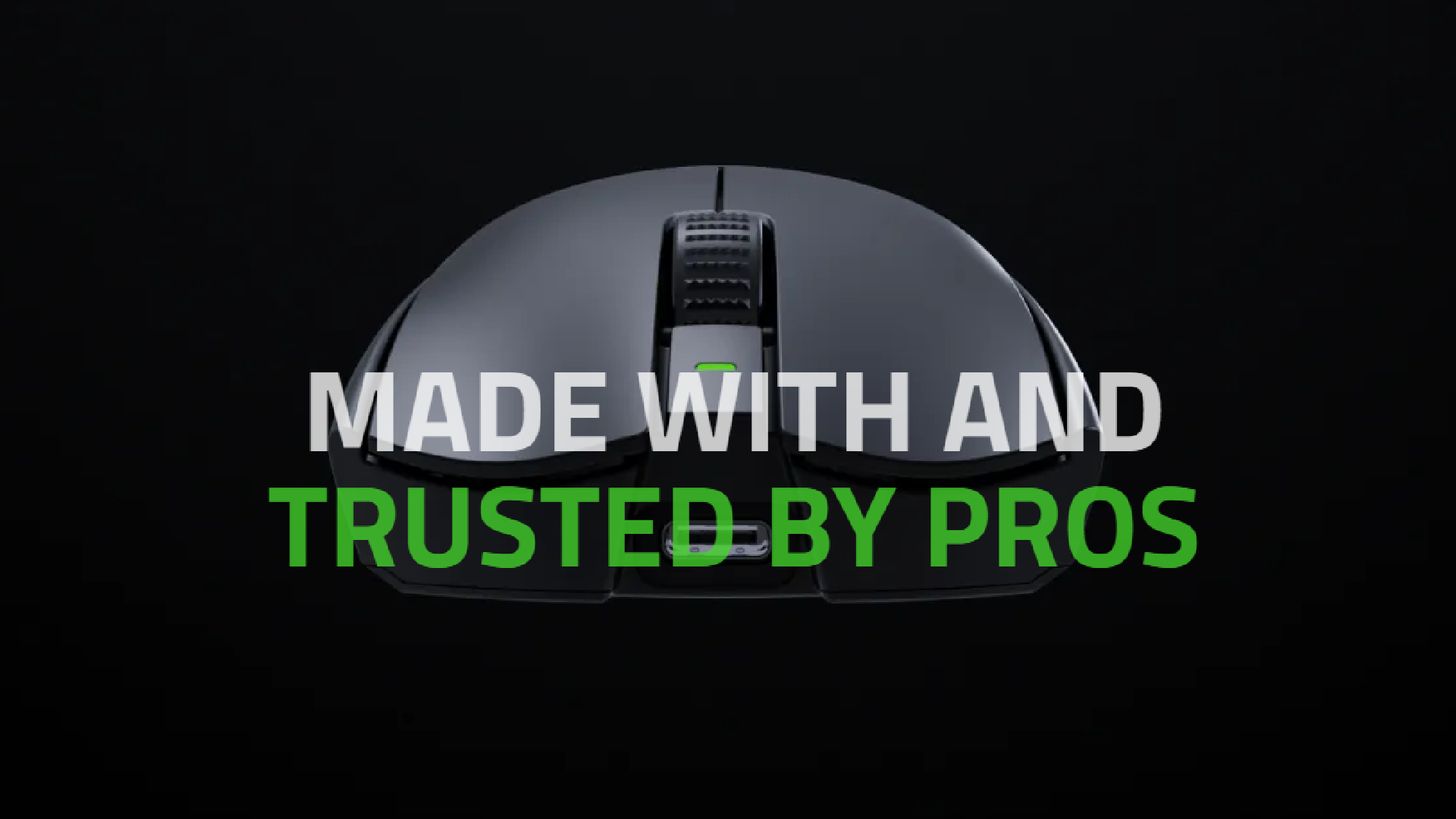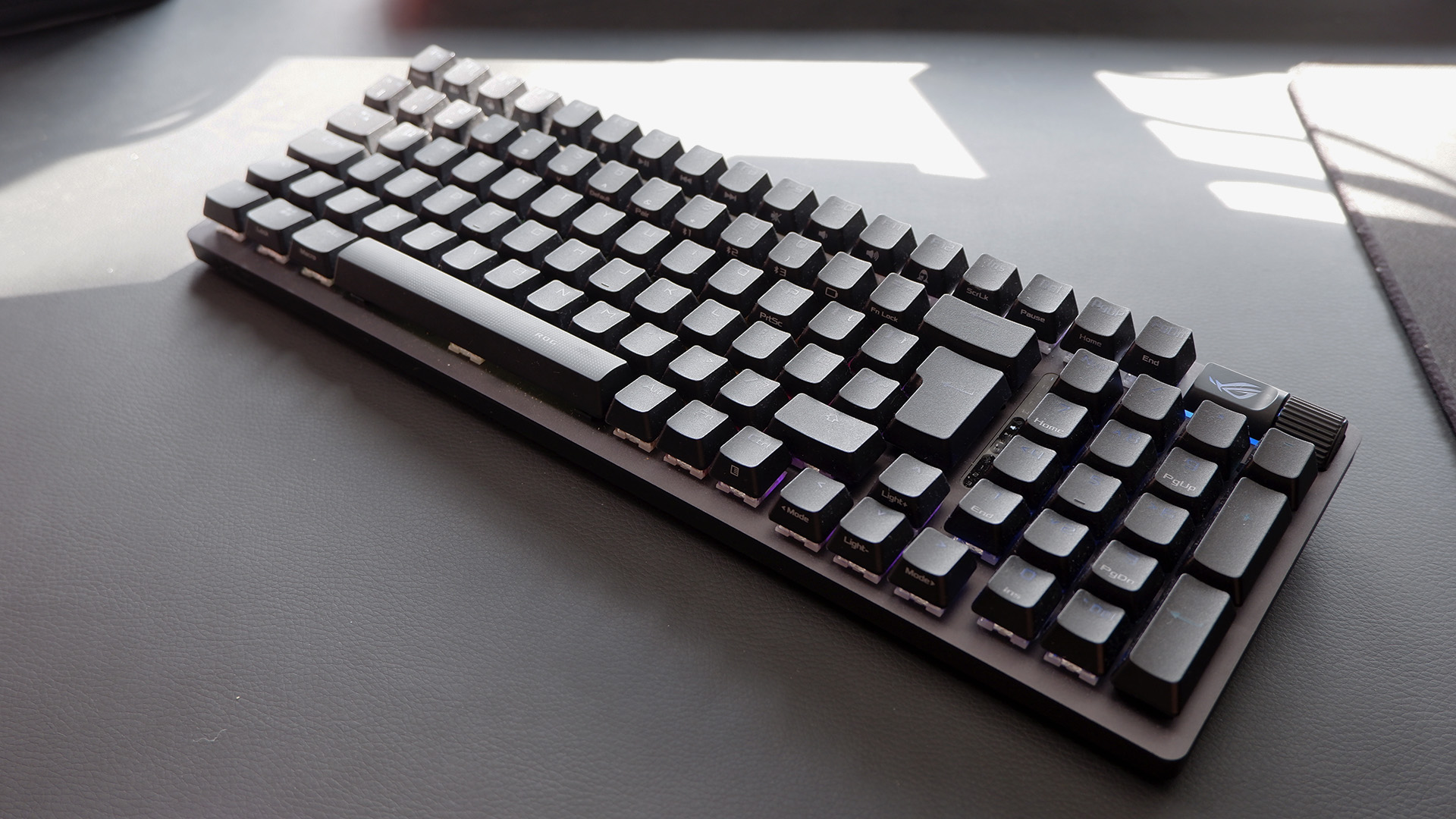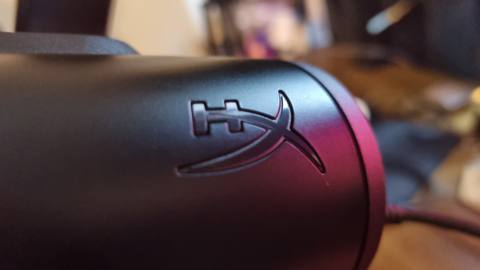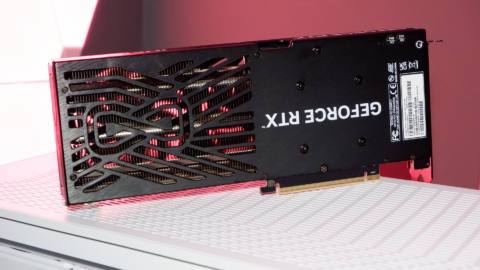
This month I've been testing: Keyboards, mice and headsets. Some of which claim—or at the very least heavily infer—that they're going to improve your gaming performance thanks to some help from the pros. While it's a difficult thing to test accurately, I can say with some confidence that no, they will not.
Esports is officially big business. With billions of hours of content viewed, growing audience numbers, and dedicated stadiums being built to accommodate increasingly large crowds, what once was viewed as a fairly niche segment has quickly become a huge commercial venture. And, surprise surprise, peripheral manufacturers are keen to cash in on the boom.
Esports mice so light, a small gust of wind could remove them from your desk. “Pro level” wireless keyboards that respond faster than the human eye can blink. Headsets that advertise spatial audio so accurate that, if a player merely touches a blade of grass on the other side of the map, you'll know about it.
What you'll also notice, however, is the price. Take the Razer Viper V3 Pro, for example. A fine mouse with excellent performance—but not exactly packed with features—yours for $158. Or the Logitech Pro X 60 wireless keyboard I recently reviewed, a super fast input device with some dubiously useful extras, designed by and for esports players and those who wish to emulate them. A mere $180.
Those are top-end prices for peripherals, and for that, you get some impressive numbers and some tantalising marketing guff. 8,000 Hz polling rates. 35,000 DPI performance. “Trusted by pros”. “Compete at a new level”.
“Keep your focus on what matters: the win”.
Trouble is, I don't buy any of it. Literally or figuratively. Because the person that'll be using these devices is me, and I, like most of you, suck at competitive gaming—at least compared to the pros. And no super fast peripheral is going to change that, no matter how much I pay for it.
Now, before I really sink my teeth into this, let me give a quick proviso: I'm not railing against esports gear simply for being high-performance. After all, of course I want a mouse that'll respond as fast as my hand can move, a keyboard with zero perceptible lag to my inputs, and headsets that accurately deliver sound.

What I resent though, is paying extra for a level of performance that I'm never, ever going to feel, and an association with some internet celebrities. And what I resent even more is that these peripherals seem to be aimed at a younger, supposedly more esports-aware audience.
It's the same marketing ethos that tries to convince young 'uns to buy Cristiano Ronaldo's football boots, with the heavy inference that the thing that's been holding them back isn't an unfortunate lack of talent or practice—it's simply that they haven't bought the proper kit. And guess what? That proper kit is often very expensive. Fancy that!
I'm a guitarist. Back in the long-forgotten past, I used to play in bands, ranging from scrappy rock n roll outfits to more professional, studio-based endeavours. And there's a general rule amongst guitarists when it comes to gear, and it goes something like this:
If you gave Jimi Hendrix a beginner's guitar, with a tiny, scratchy little amplifier you bought cheap from a catalogue, he'd still sound like Jimi Hendrix. Whereas if you gave a beginner Jimi's Fender Stratocaster and Marshall Plexi amp, they'd still struggle their way through a tuneless rendition of House of the Rising Sun.
I don’t want to pay extra for the peripherals, and no, I don’t want the t-shirt or the hat either.
Because there comes a point when ability overcomes hardware. And when it comes to peripherals, while nice hardware is a lovely thing to have, anyone expecting it to transform their playing ability from bumbling amateur to esports pro is going to be mightily disappointed.
What I will take in an expensive peripheral, however, is a meaningful difference to my day-to-day usage. You can keep your ultra-fast, ever-bigger-number polling rates and the associated awkward booster dongles to achieve them. Give me more buttons I can reconfigure, extra features, and materials that focus less on being light and more on feeling great in my hands.
Give me keyboards with satisfying, yet perhaps not the fastest switches, and with the correct amount of keys. Give me headsets that focus on making my audio sound great, not tuned to deliver footsteps to my eardrums louder than the competition.
And you know what? These peripherals already exist. We recommend loads of them and look forward to testing lots more. But what they have in common is that what you're getting for your money is a meaningful extra something, be that functionality, build quality or otherwise.

I expect a good wireless keyboard to be lag-free. I expect a good mouse to be fast and accurate. I expect a good headset to deliver clear, great-sounding audio. What I don't expect—or want, to put it more accurately—is to pay a huge premium for something that's got esports credibility, whatever the hell that means, and a level of performance that I, the average player, will never perceive.
And I don't want companies that choose to market their products this way to sell them to you, either. Let's appreciate esports for what it is—a spectator sport for us to watch hugely talented, highly practised players pull off a level of gaming performance that is simply unachievable for most of us, while we eat snacks and shout ill-informed advice at our screens.
I don't want to pay more for the peripherals, and no, I don't want the t-shirt or the hat either. Or the bloody energy drink. Everyone's got to make their money somewhere, I suppose, but shelling out for esports-approved gear makes as much sense as buying a Formula One car to drive to work.
Chances are, you're buying hypothetical performance you will simply never need.





